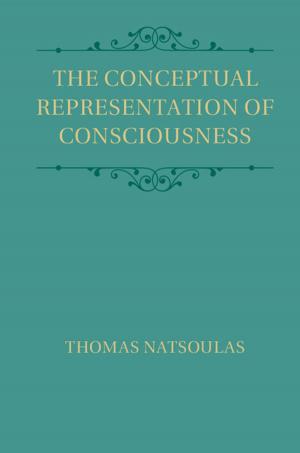The Cambridge Handbook of Applied Perception Research
Nonfiction, Health & Well Being, Psychology, Cognitive Psychology| Author: | ISBN: | 9781139986618 | |
| Publisher: | Cambridge University Press | Publication: | January 26, 2015 |
| Imprint: | Cambridge University Press | Language: | English |
| Author: | |
| ISBN: | 9781139986618 |
| Publisher: | Cambridge University Press |
| Publication: | January 26, 2015 |
| Imprint: | Cambridge University Press |
| Language: | English |
The Cambridge Handbook of Applied Perception Research covers core areas of research in perception with an emphasis on its application to real-world environments. Topics include multisensory processing of information, time perception, sustained attention, and signal detection, as well as pedagogical issues surrounding the training of applied perception researchers. In addition to familiar topics, such as perceptual learning, the Handbook focuses on emerging areas of importance, such as human-robot coordination, haptic interfaces, and issues facing societies in the twenty-first century (such as terrorism and threat detection, medical errors, and the broader implications of automation). Organized into sections representing major areas of theoretical and practical importance for the application of perception psychology to human performance and the design and operation of human-technology interdependence, it also addresses the challenges to basic research, including the problem of quantifying information, defining cognitive resources, and theoretical advances in the nature of attention and perceptual processes.
The Cambridge Handbook of Applied Perception Research covers core areas of research in perception with an emphasis on its application to real-world environments. Topics include multisensory processing of information, time perception, sustained attention, and signal detection, as well as pedagogical issues surrounding the training of applied perception researchers. In addition to familiar topics, such as perceptual learning, the Handbook focuses on emerging areas of importance, such as human-robot coordination, haptic interfaces, and issues facing societies in the twenty-first century (such as terrorism and threat detection, medical errors, and the broader implications of automation). Organized into sections representing major areas of theoretical and practical importance for the application of perception psychology to human performance and the design and operation of human-technology interdependence, it also addresses the challenges to basic research, including the problem of quantifying information, defining cognitive resources, and theoretical advances in the nature of attention and perceptual processes.















